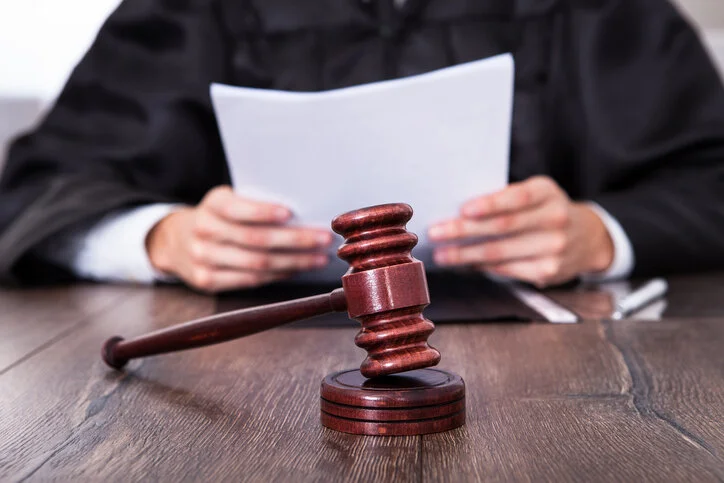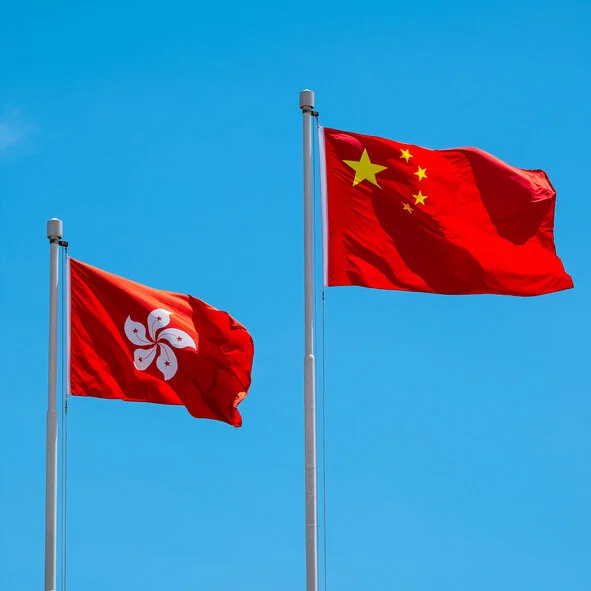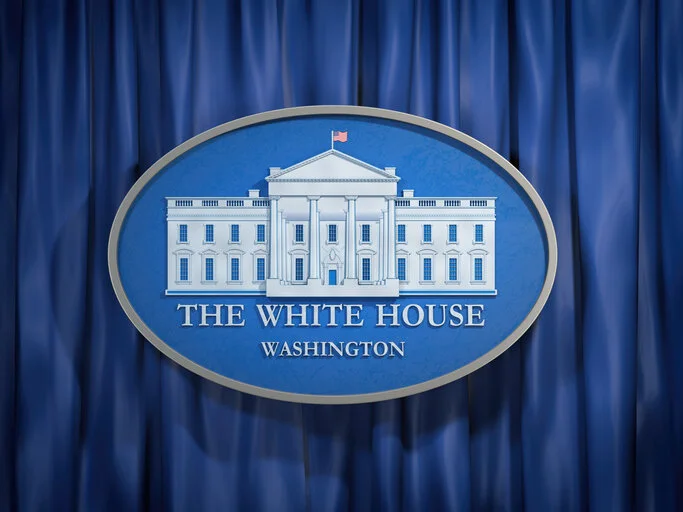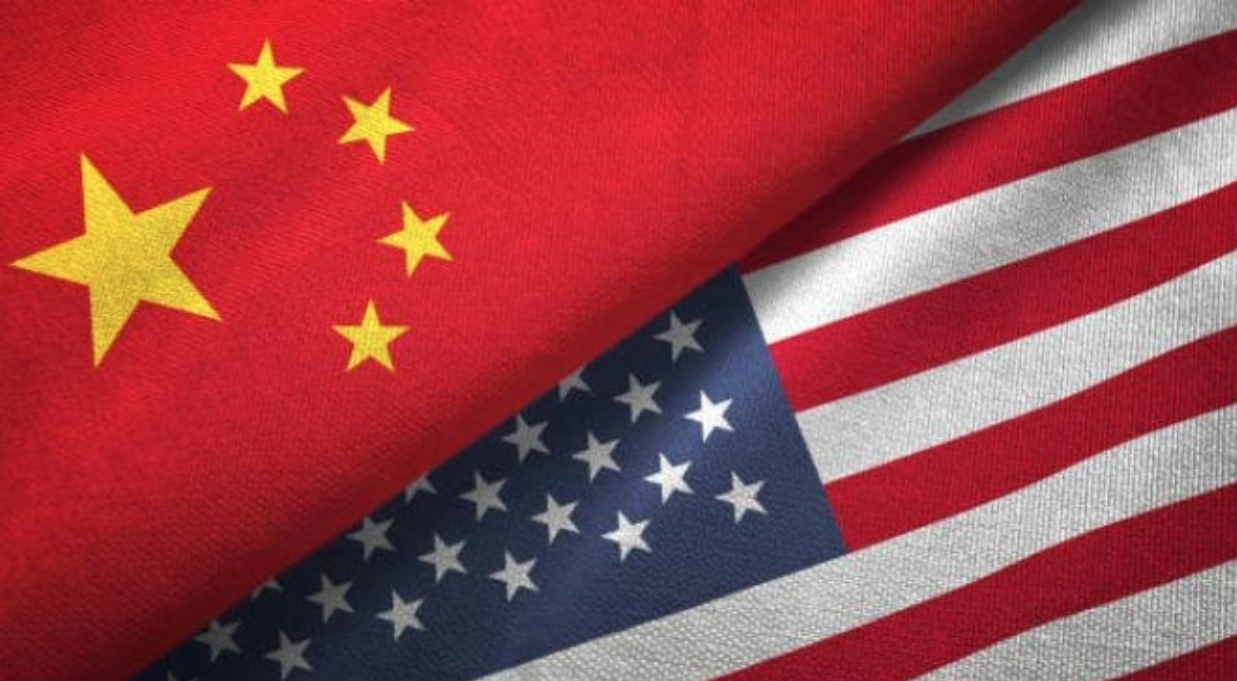Last week, a federal judge in California ordered the government to stop enforcing section 2 of Presidential Proclamation 10052, which suspended the admission of temporary workers in the H, J and L visa categories from abroad until December 31, 2020. The judge found the Proclamation was an overreach of executive power, which is reserved for national security and foreign policy issues, not domestic unemployment. This is a temporary order called a Preliminary Injunction while the merits of the case can be litigated.
Read MoreIn response to certain recent actions taken by China to reduce Hong Kong’s autonomy, President Trump issued an Executive Order last week, stating that Hong Kong would no longer be treated as separate from the People’s Republic of China (“China”) for purposes of certain US laws.
Read MorePresident Trump just released a Proclamation, suspending the admission of foreign national workers on H-1B, H-2B, J and L visas and their accompanying dependents through December 31, 2020, in response to high U.S. unemployment. The Proclamation also extends the suspension of immigrant visas further to his April 22 Proclamation through the end of 2020. This Proclamation will take effect on Wednesday, June 24, 2020.
Read MoreThere is growing concern that another Presidential Proclamation temporarily suspending immigration to the US may be released very soon, this time focusing on temporary visa-holders, such as H-1B, L-1, and J-1. These concerns are based on the threats in Trump’s last proclamation dated April 22, 2020, which temporarily suspended immigrant visa processing from abroad. Specifically, he stated that within 60 days he could expand the scope of his proclamation to include nonimmigrant visa processing. Since then, new rumours have been circulating every week about what could be forthcoming.
Read MoreThe timing couldn’t be stranger given the national unrest we are currently going through, but President Trump formally issued a Proclamation on May 29, 2020, prohibiting certain Chinese nationals from obtaining F-1 or J-1 visas to study or research in the United States. Specifically, Chinese nationals who have been associated with entities that support the Chinese government’s “military-civil fusion strategy” and seek to pursue graduate level studies will not be eligible for the F-1 or J-1 visa. The suspension took effect today, June 1, 2020.
Read More




